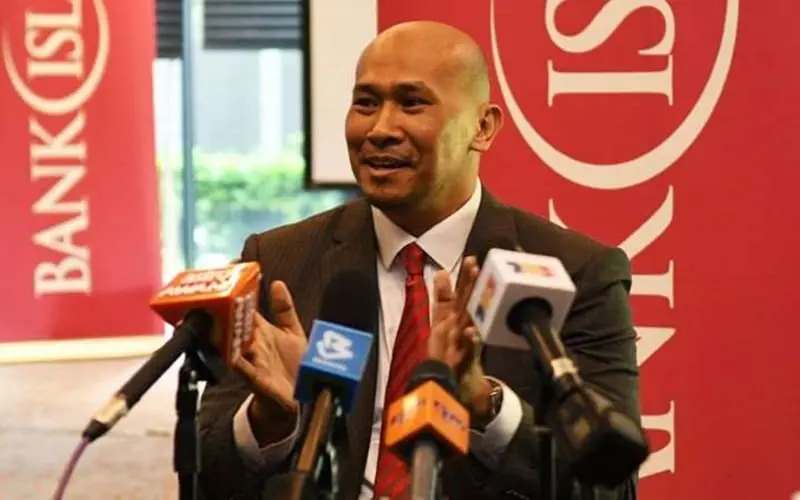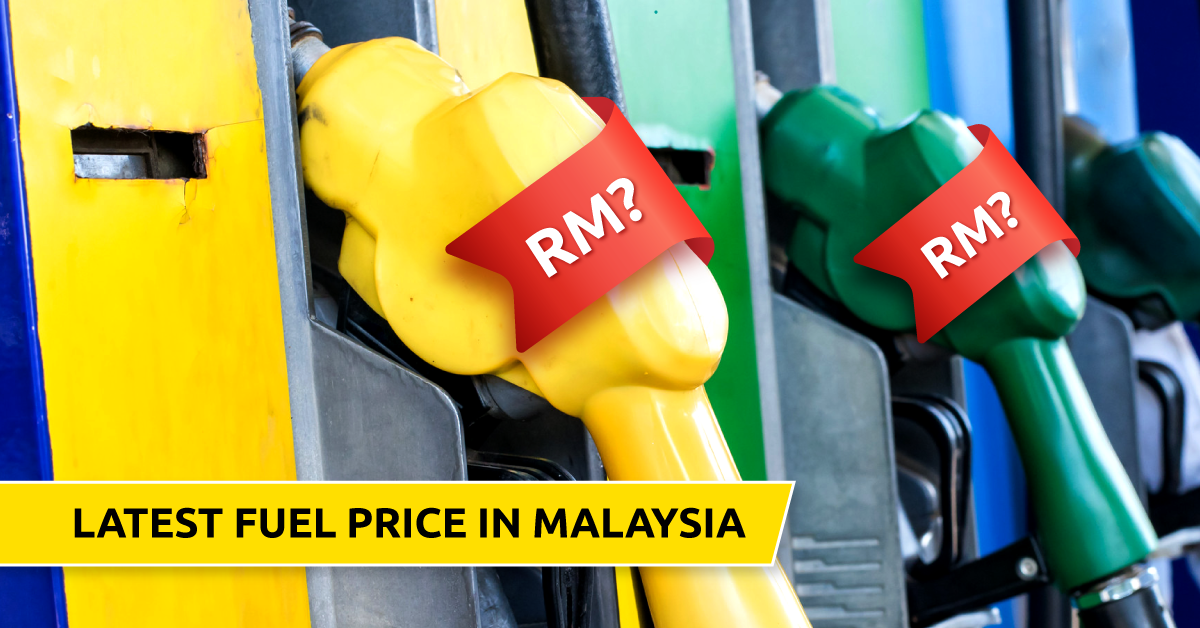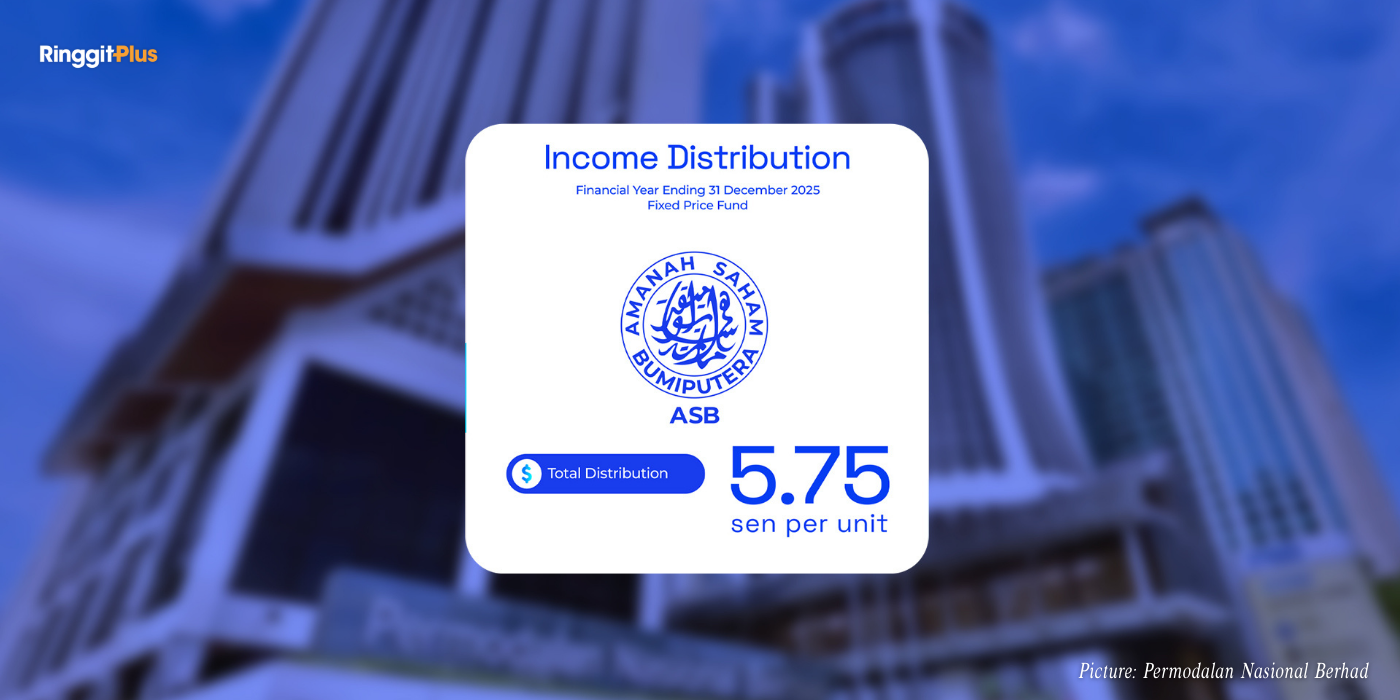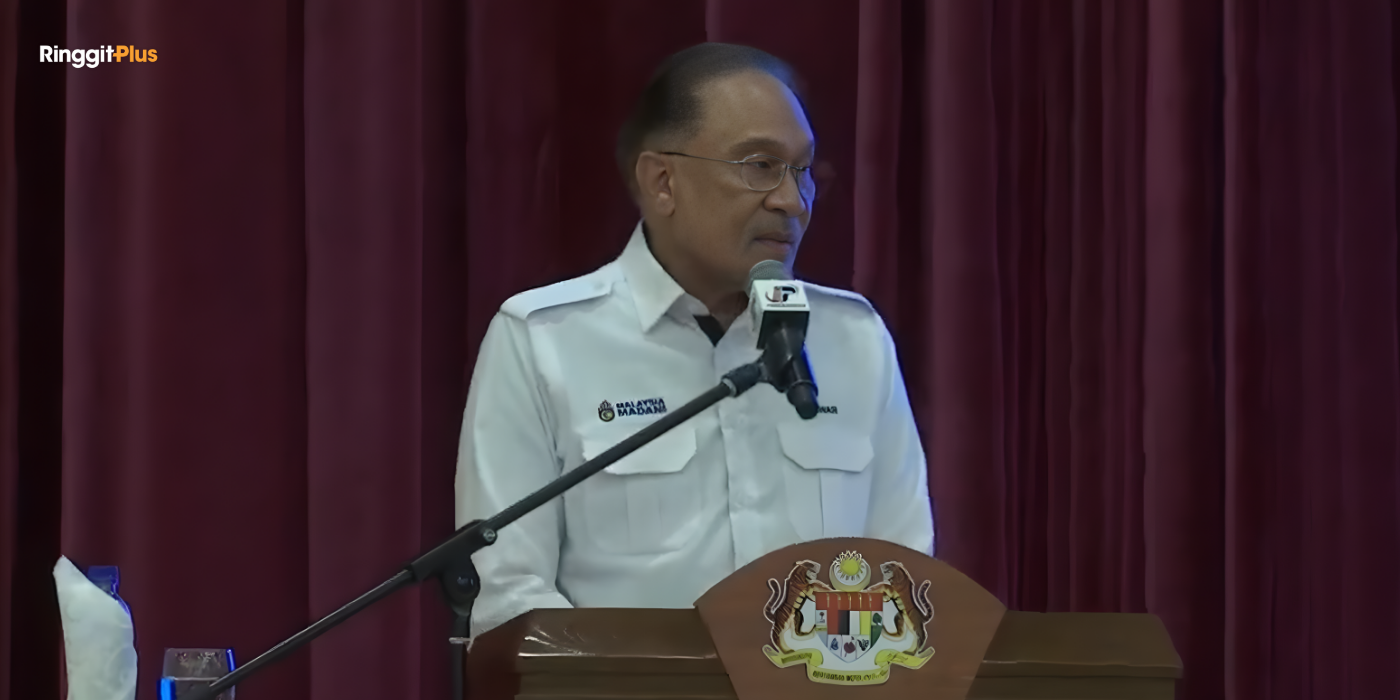Nur Adilah Ramli
16th June 2022 - 4 min read

Several economic experts have said that reimplementing the Goods and Services Tax (GST) will be good for the country and, in turn, the people. However, they believe that now is not the right time for the government to do it.
Economics professor at Sunway University, Dr Yeah Kim Leng stated that the GST will help the government to broaden its tax base, and significantly boost its revenue. “It will help to narrow the fiscal deficit and allow the government to increase spending to counter any domestic or global economic shock,” he added.
However, Dr Yeah noted that reintroducing the GST at this time may likely increase the country’s inflation rate, although the impact can be moderated by setting a lower GST rate than the previous 6%. “Although it is not desirable to implement [the] GST in a rising inflation environment, the consumer price inflation projected for this year remains relatively benign at 2.2-3.2%,” he explained.

Dr Yeah also said that reimplementing the GST now will adversely affect businesses that are still struggling from the impact of the Covid-19 pandemic, and is made worse by the ongoing Russia-Ukraine war. As such, it would be advisable to reintroduce the GST when the country’s economy is on a firmer footing.
In the meantime, Dr Yeah shared that the government may consider other alternatives to increase its revenue. These may include increasing corporate and individual income tax rates, and imposing taxes on capital gains, inheritance, and carbon or pollution. “The government can also raise revenue by selling assets and government-owned companies and privatisation of selected public services,” he added.
Similarly, economics professor at Malaysia University of Science and Technology, Geoffrey Williams also believes that the GST will be beneficial for the country. He stated that the GST will allow the government to redistribute the extra tax revenue to the lower-income groups through a negative income tax or tax credit system. The taxation model will also help to reduce income taxes on individuals, households, and companies.

Like Dr Yeah, Williams, too, said that the GST should be reintroduced after Malaysia’s economy has recovered. Additionally, the government must first relook into the previous implementation of the GST and address its shortcomings, he said.
Williams further proposed that the GST should be part of a wider tax reform. This involves reducing other taxes, and including a separate tax on luxury goods. He noted as well that the government should reform taxes for companies, particularly as many small and medium enterprises (SMEs) purposely declare zero profits to avoid taxes. “Large companies reallocate profits using transfer pricing to avoid taxes so many wind up paying less tax than their employees. This needs to be addressed,” he commented.

Meanwhile, chief economist of Bank Islam, Dr Mohd Afzanizam Abdul Rashid stated that the government must ensure that the people are well-informed of the GST before reimplementing it. “It’s not about getting the prices of goods and services lower. It’s about being efficient in collecting taxes, and to avoid a shadow economy from prospering,” he explained.
Additionally, Dr Mohd Afzanizam said that the government must also introduce relevant measures to minimise the impact of the GST on the lower-income groups. These may include providing cash transfers and targeted subsidies to the identified groups.
Late last month, Prime Minister Datuk Seri Ismail Sabri Yaakob had said that the government is keen to reintroduce the GST to increase the national revenue. He assured that the government will aim for a reasonable GST rate that will benefit all parties, if the taxation model is reintroduced.
(Source: The Star)









Comments (0)